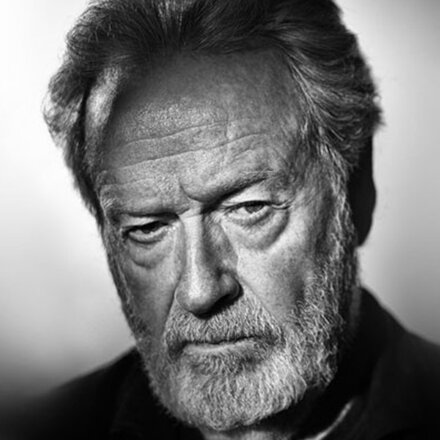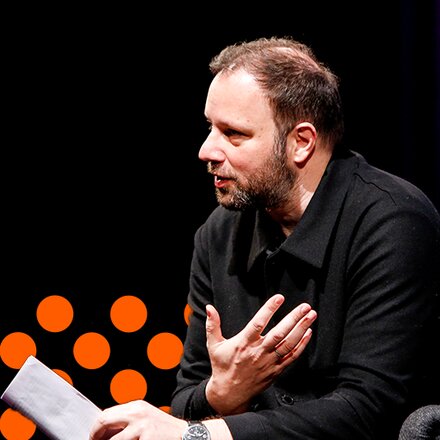Don’t be afraid to ask for help: making movies is a team sport. And everybody wants to help you more when you admit that you need it. It’s amazing who comes to your aid and how much morale suddenly lifts because everybody feels they can be useful and we’re all looking at the same problem. The auteur theory does such damage; making a movie is collaborative, it takes an army.
Seek out people whose opinion you trust: making a film is hard and you can find yourself doubting everything you had a 100% confidence in a month prior. Keep trying to show it to people you trust. Try and keep a certain proportion of people oblivious to what you’re making so you have that reserve somewhere down the line to show it to another person that hasn’t seen it, so you get some objectivity. That’s the thing you’re striving for the entire journey, whether it’s for three months or three years. You lose that objectivity right away and you never get it back. You can only be gifted it by other people.
Stick with your mentor: John Lasseter, CCO of Pixar, and I were joined at the hip for at least three years - he and I and Pete Docter (director of Up). And although he’s ten years my senior and one of the pioneers of computer graphic animation, we were all starting from the same blank slate. Very quickly he went from being a mentor to a war buddy. We went through battle together and learnt together. And he didn’t have to do that; he was already the guy running the show, we were nothing, and it was out of his own selflessness that he included us.
Be wrong fast and fail early: Every lecture, any talk, any honest answer I’ve ever given is all under the guise of ‘you’re just going to be wrong. You’re just going to fail and that is what the gig is.’ Creating is failing. If you think about it, sketching and doodling until you figure out what to paint is failing. Jamming on your instrument until you find the song is failing. So the more you embrace failing as a requirement to make a movie, the easier everything’s going to get for you and the more enjoyable you’ll be able to make your day.
Embrace the experience: I took working on John Carter as an adventure of a lifetime. Watching footage of my biggest heroes - of David Lean or Spielberg - out there in the elements, just fighting to get the shot, I wanted to know what that was like. I knew I would be sailing, as opposed to cruising. I knew I was going to be working for my meal every day and that was part of the adventure. I didn’t want to be them, I just wanted to know what that experience might be like, so I let myself be in the heat of the desert or the cold of the rain and let me feet get sore, and it was thrilling.
Turn the sound off: If you watch any Spielberg movie with the sound off you will learn so much. The way that man tells a story with a camera, he has no peers, and it’s all in service of telling something clearer, more engaging and seemingly effortless. And I don’t think you appreciate it as much, in a weird way, until you take the sound off and all the words out. It’s amazing.
Be ready for any and all opportunities: You have no say about when your opportunities are going to occur, but you should always be ready for them. So never cocoon yourself, make sure you are doing things that other people are seeing. It may be working with other people who might introduce you to somebody else, it may be making that short film and putting it on YouTube. The whole reason I’m at Pixar is because John Lasseter saw some short films that I finally got off my arse and committed to finishing at school. They went around for about two or three years in festivals. He and I met occasionally but that didn’t pay off for another three years and then I got a phone call out of the blue. Little did I know that those seeds had been planted, but the opportunity wasn’t going to rise for a while.






